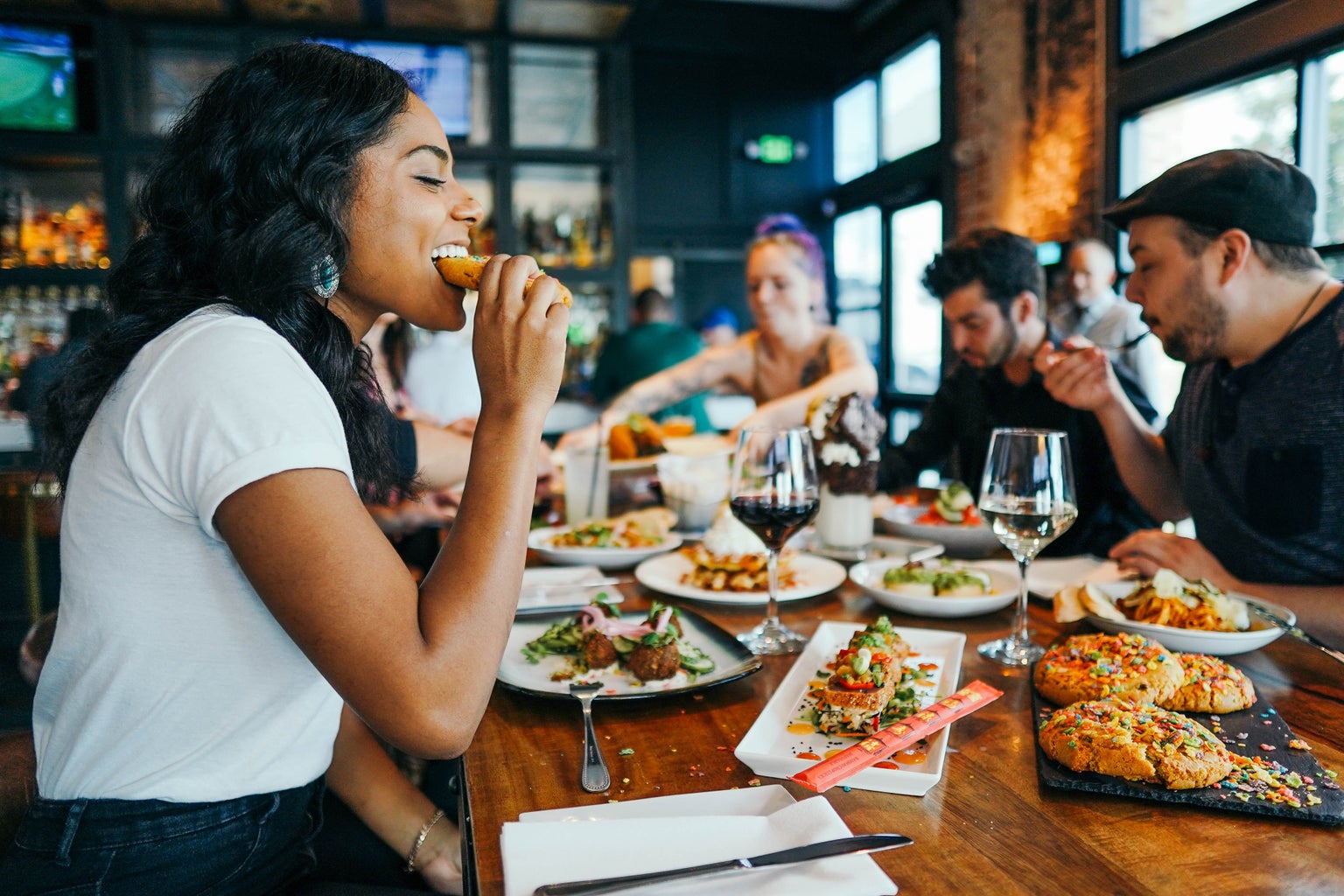Imagine this: you are eating in the comfort of your friend’s home. In your bag, you pull out a bag of red Doritos (which in my opinion is arguably the best flavor). As you pull out the singular chip and get ready to eat it, your friend says, “You are going to eat that? That’s so bad for your body.” Your stomach drops and you silently put the bag of Doritos away.
Imagine another scenario where you are sitting with a group of friends eating in a restaurant. As you look at the menu there are a variety of options to choose from. You decide that you want a garden salad and maybe an appetizer on the side. Before you went to the restaurant, you had eaten hours earlier, and so you were not hungry at that particular moment. When you tell the waiter your order, your friend goes, “That’s all you are going to eat?”
This has happened to me on multiple occasions and on both ends of the spectrum. Each and every time, I withhold from speaking my truth and stating a boundary. I now realize how important it is to tell each person to not comment on other people’s foods, especially mine. Here is why.
A general rule of thumb that I follow in my life is to never comment on the types of food people are eating, unless it is a positive comment. People do not realize that food can be a sensitive topic for other people and that commenting on what other people are eating can be triggering, especially for those who have experienced eating disorders in the past.
I also believe that it is just common courtesy! What do you gain from criticizing what another person eats? Just because you choose not to eat the same things as another person does not mean they have to abide by it. People seem to forget that eating is a very personalized decision and choice. What satisfies your taste buds might not satisfy the someone else’s, and it does not have to!
It is also just extremely uncomfortable and disappointing to receive negative comments on what you are about to consume. Although Doritos are not the healthiest option out there, what if you were excited to eat them? What if it was your favorite comfort food or snack? These comments, although seemingly small to you, can be a big deal to others. You might not ever remember the comments you have made about another’s eating patterns, but they will.
These comments are especially hurtful when they are targeted at cultural foods. As a child, I was always nervous to bring in Haitian food from home. This definitely stemmed from the culture of food shaming. Instead of criticizing the way someone else makes their food, it is important to appreciate and even try it.
Overall, it is seemingly pointless to comment on what someone else is eating. If it is not going into your body, you should not have anything to say, unless of course, it is nice.
Can’t get enough of HC UMass Amherst? Be sure to follow us on Instagram, listen to us on Spotify, like us on Facebook, and read our latest Tweets!




